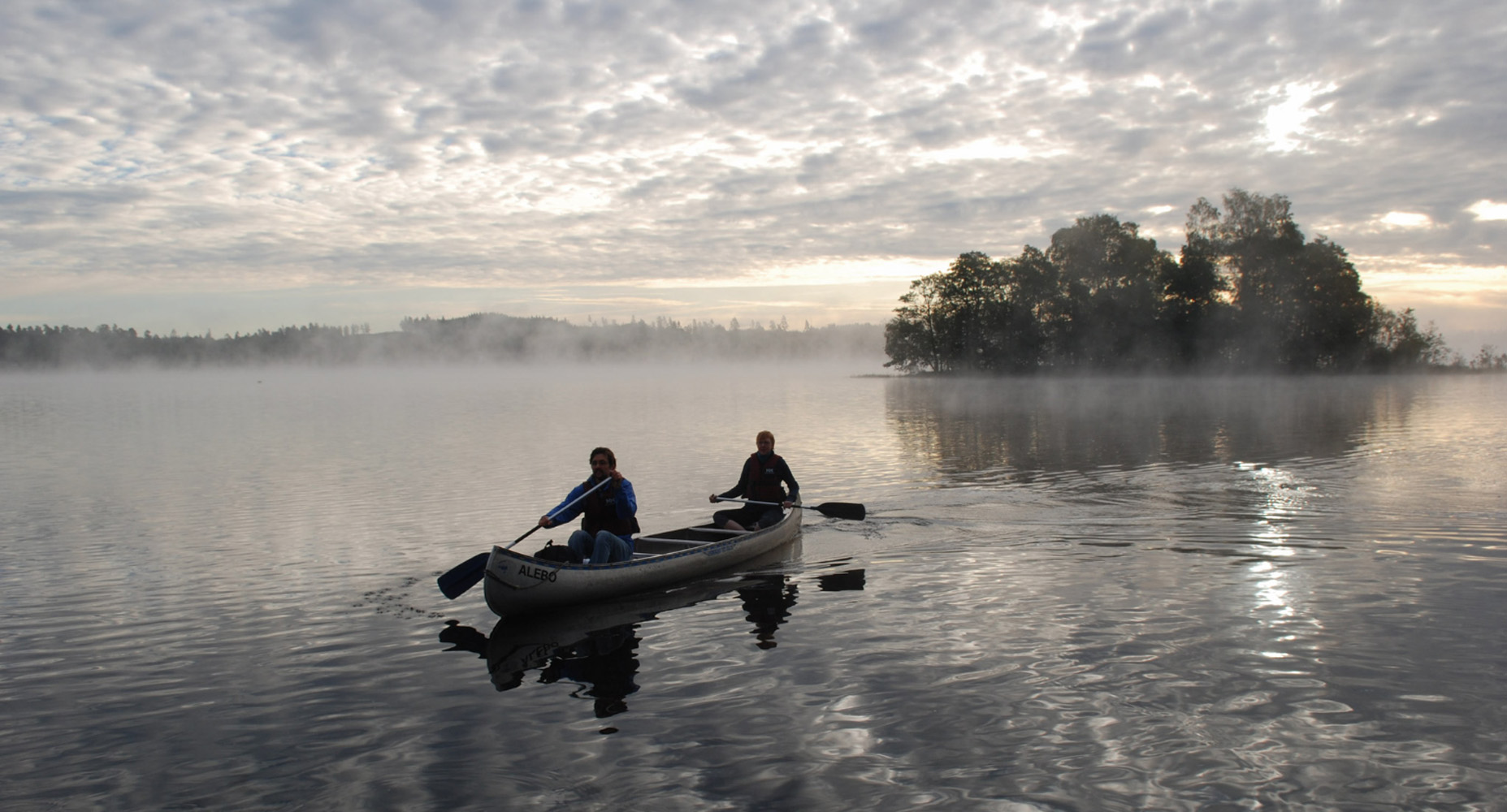

The Danish Board of Technology, in cooperation with Risø DTU and Ea Energy Analyses, has completed a project on future European energy systems for the European Parliament. The project was commissioned by STOA (Scientific Technology Options Assessment), which is the European Parliament’s own Scientific and Technological Options Assessment unit.
By use of scenario modelling tools the project has examined how the EU goals on improved security of supply and reductions in greenhouse gas emissions can be fulfilled in an economically efficient way. Moreover, the project has provided a common understanding of the challenges, barriers and opportunities for the energy sector among industrial stakeholders and EU parliamentarians.
This project consisted of two phases: a data collection and scenario development phase and a consultation phase. Ea Energy Analyses and Risø DTU were responsible for data collection and scenario developing.
The scenarios have been developed using the STREAM model, which is public domain and which was originally developed by Ea Energy Analyses and Risø DTU for the project “The Future Danish Energy System” headed by the Danish Board of Technology.
The scenarios draw up a picture of future trends in the energy sector; the need for new technologies and energy efficiency measures and the need for a new and intelligent energy system. Scenarios have been prepared for EU 27 – a so-called Small-Tech scenario and a Big-Tech scenario – as well as for five different geographic archetypes of conditions in the EU in 2030.
Results from the first phase of the project were disseminated at a workshop in the European Parliament on 20 November 2007, in which also experts within the field of energy efficiency, transport, infrastructure and savings etc. participated.
Moreover, on 23 April 2008 there was a “dinner debate” in the European Parliament in Strasbourg, and on 16 September there was a final workshop with representatives of the EU cities among others.

Find information about one of our projects in Türkiye here.